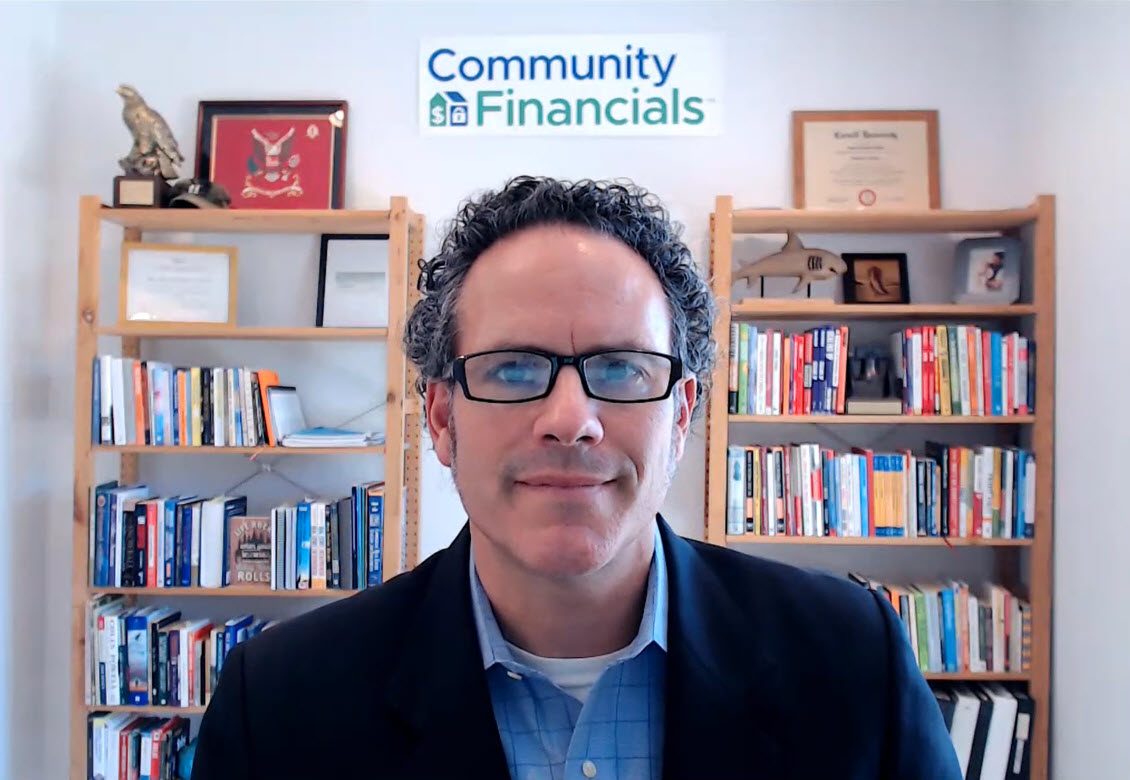Year-End Accounting Preparation and Key Dates for your HOA & Condo
Year-end is fast approaching and you want to make sure your HOA or Condo is on track with its accounting needs. We have to do a little backward planning. Look at the desired delivery or start dates and work backward for when you have to initiate or complete certain tasks. Here are the most important items to focus on for year-end accounting preparation and key dates for your HOA & Condo.
Budget & Dues Changes
Ninety-Five percent (95%) of clients use a calendar year-end as their fiscal year-end so we are specifically talking to these boards in this post. However, if you are part of the 5% you can adjust dates and the suggested timeframes for your specific fiscal year-end. We hope this serves as a reference over the coming weeks.
Starting in mid-August we start providing our clients with a budget worksheet to start the budget process.
Typically, by mid-October, the budget is completed.
Then in mid-November, the Board will ratify the budget.
Then by December 1st, if you use coupons, these are approved and the order is placed.
December 10th is a cut-off for any updated annual charges in owner fees with a January 1 start date. This allows the accountants to update the charges and then produce mailed statements (mailed statements ordered the 15th – 20th of the month) and emailed to the owners a few days before January 1 so everything arrives on time.
Remember: December is the busiest season for the printer (as most coupon books go out January 1, most annual dues collections are January 1, most quarterly dues are due January 1 and of course monthly are due January 1 as well. Plus, the mail is slower due to the holiday volume. If you don’t hit your deadlines, you risk homeowners not receiving statements on time which we all know will cause an increased number of calls and emails to the Board.
Year-End Expense Re-Classifications
For closing out the financial records for 2022 you’ll need to line up your auditor to make sure they can fit you into their schedule. Typically, this is done early in the summer; if not hopefully you can find one that can fit you in.
You’ll get your draft financial reports typically on or a few days before January 31st. This is due to the additional time to wait for annual statements, review items, and ensure year-end numbers are accurate.
Maybe the Board wants to shift items around for a cleaner look on the financials or something was mistakenly applied to one code and wants it in another code (think new plantings put in another line versus grounds maintenance or lawn mowing). Or your auditor has items to move around that all get done in February. For any reclassing of expenses, expense codes, and or additional accruals we use a cut-off date of February 28th. We have to use these final ending numbers for the prior year as the figures for the new fiscal year’s starting/ beginning balances.
New Year Policies
If you are initiating a new collection policy and you want to make it effective January 1, you’ll want to send that out 30 days in advance of when you will start enforcing it to provide notice and a heads-up to owners. Most news outlets are talking about a recession in 2023 so you’ll want to discuss this with your Board to prepare. For more information, you can read this blog post on preparing for a recession. This also goes for any policy you are looking to start enforcing on the first of the year.
I suggest you jot down the year-end accounting preparation and key dates for your HOA & Condo so you have the best experience. By planning ahead your community’s year-end accounting will run like clockwork.


